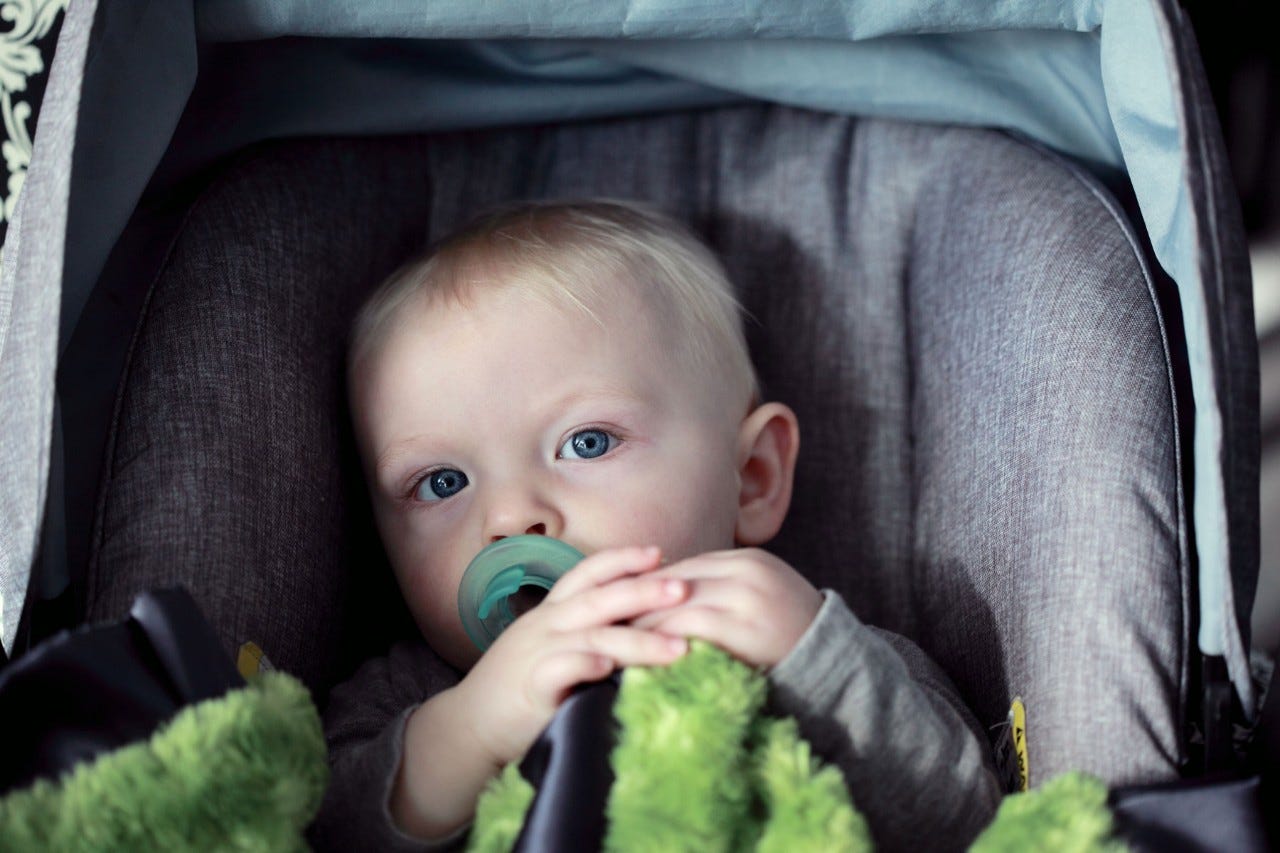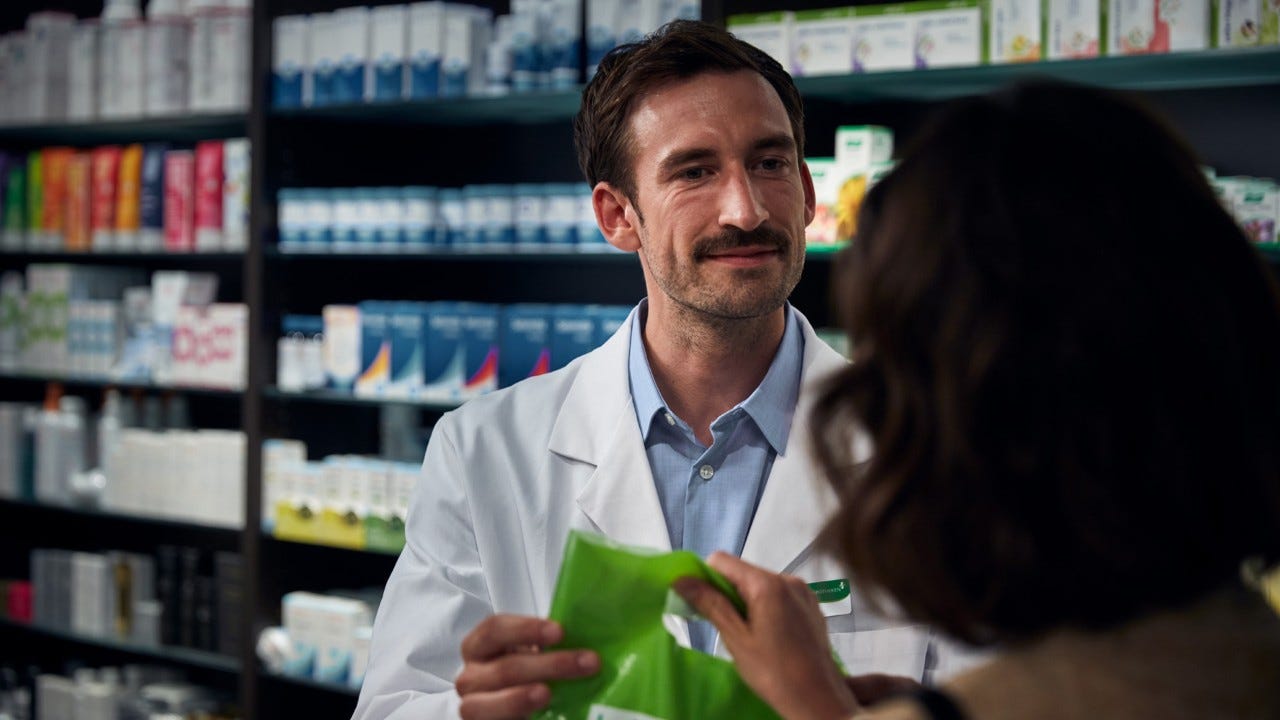What should you do if a milk tooth is knocked out?
Whether broken or knocked out: It’s easy to panic when children fall and hurt their teeth, but if it's only their milk teeth it’s usually not so bad.

Yanis is crying inconsolably. When he was playing at the park, he didn’t pay attention and was hit in the face by a swing. A heart-stopping moment: Yanis is bleeding profusely from the mouth and a baby tooth is knocked out.
Dental accidents can happen in an instant with children, and they often seem very dramatic. However, in many cases it’s not as bad as it looks, particularly if it’s “only” their milk teeth.
Yanis’ parents respond correctly by pressing a sterile bandage on the wound to stop the bleeding. An appointment with the dentist can wait until the next day, because milk teeth that fall out won't be replaced.
When toddlers knock out teeth
There is also usually no treatment for loosened or broken milk teeth; loosened teeth usually grow back on their own. Nevertheless, the toddler should see a dentist the next day.
However, if it bleeds from the broken tooth, it is important to visit the dentist on the same day so that the dentist can cover the tooth. This prevents the nerve from dying.
However, if teeth have moved, go straight to the dentist so they can push the teeth back into the right place again. If milk teeth are impacted, treatment is only necessary in rare cases.
Dental accidents with permanent teeth
Dental accidents are more serious if children already have their adult teeth. You should see a dentist within hours and take any broken teeth and tooth pieces with you – stored in milk or saliva.
Do not disinfect broken teeth or touch the root. You can buy tooth rescue boxes at the pharmacy, which you can use to store the tooth in the best possible condition until you get to the dentist.
It’s also important to observe the child after the accident. Are they acting differently? Do they feel sick or sleepy? These could be signs of concussion. In this case, you should take the child to a paediatrician.
What costs are covered under basic insurance?
In the event of an accident, the child’s basic insurance will pay any dental costs incurred. Even if no treatment is necessary at the moment, the children should see a dentist so that he or she can record the findings and the parents can report the accident to the insurance company.
because consequential damage often only becomes apparent years later. Basic insurance only covers dental costs due to an accident and a few exceptions due to illness. In all other cases, it does not cover the costs of dental treatment.
Milk teeth:
- Moved: on the same day; the teeth will be repositioned.
- Broken: within days, if it bleeds from the broken tooth on the same day
- Knocked out: within a few days; teeth won't be replaced
- Wobbly: within a few days; treatment isn't urgent
- Impacted: within a few days; treatment is rarely necessary
Adult teeth:
In all cases within hours: Take teeth that have been knocked out or broken off pieces of tooth soaked in milk or a little saliva


